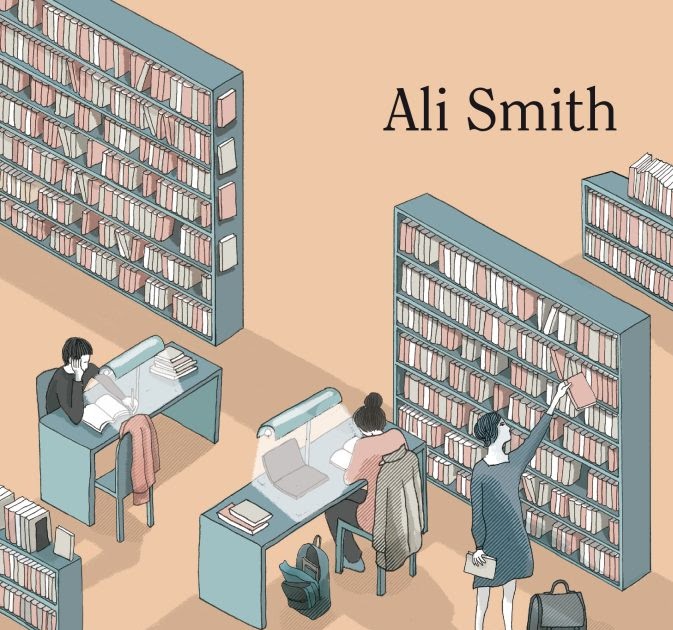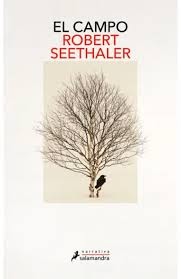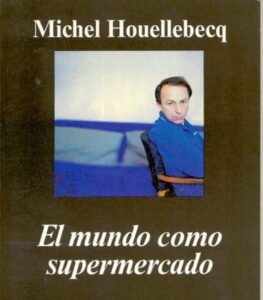
Original language: English
Original title: Public library
Translation: Dolors Udina in Catalan for Raig Verd and Magdalena Palmer in Spanish for Nórdica
Year of publication: 2015
Valuation: can be read
Since I met her a few years ago through her seasonal quartet (great tetralogy, by the way), Ali Smith has always aroused my admiration for her great ability to weave together current issues that affect us as a society (with large doses of criticism and denunciation) with stories starring protagonists who, thanks to their narrative style, become fond of.
In this case, the work that the Scottish writer offers us is very different from what we are used to, since it is a book of short stories that are rather a series of reflections on art in its different fields and disciplines. And, precisely because of this marked change in register and because they are stories with little relationship between them, reading them has been somewhat difficult for me since it is a somewhat strange book because, despite the fact that it is supposedly about libraries , it only does so in some interspersed pages and in short texts located between the author’s stories that have little or nothing to do with bookstores (although it does have to do with words and books). For this reason, it is difficult for me to define this book because it seems to point to one thing, although the result is totally different and in few of those stories I find the talent of Smith that I did see in his other works. On the other hand, the pages that open each story are dedicated to libraries and that come from conversations or anecdotes of the author, they do manage to transmit that passion for those temples of culture that are the germ and origin of a large part of our lives (real or imagined); They are texts based on conversations with friends, on narrated stories and on other sources of knowledge that serve the author to, supposedly based on them, write a related story although unfortunately, in this case, it does not achieve its purpose and the book does not leave from being little more than a set of short unconnected texts with the addition of, due to their short length, they lack well-defined characters with whom to feel identified or empathize with what happens to them; There is no extension for this purpose and this fact causes one to lose interest as it progresses. Therefore, the main problem with this book is, precisely and surprisingly, the narrative part, since I have not found many stories in the book that stand out or arouse my interest.
In this way, despite having a title clearly dedicated to libraries and their great (and priceless) value not only for giving everyone access to culture and, therefore, reflection, but also as a space for integration , welcoming and imbricating the community, the book does not deal especially with it although it does occasionally offer interesting reflections on the importance of spoken languages, voice and intonations because, unfortunately, “today everything is image and I have the feeling that we are increasingly moving further away from human voices.
In any case, I am left with one of Ali Smith’s reflections in which she indicates that “the most important thing about the idea of a public library is that it is the only place where you can go, a free space, a democratic space to the “Anyone can go and be there with other people, and you don’t need to have money.” And I think that is precisely why many of us consider them our second home.
Source: https://unlibroaldia.blogspot.com/2025/01/ali-smith-biblioteca-publica.html


